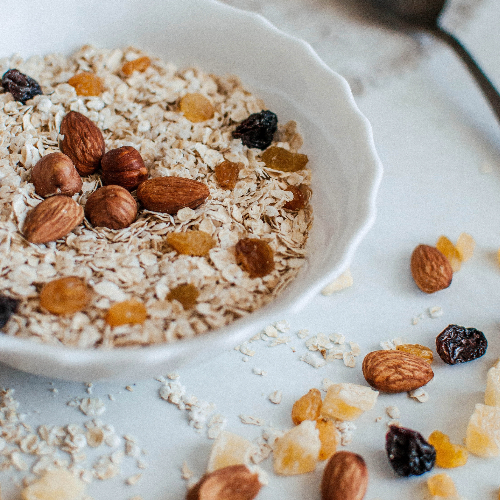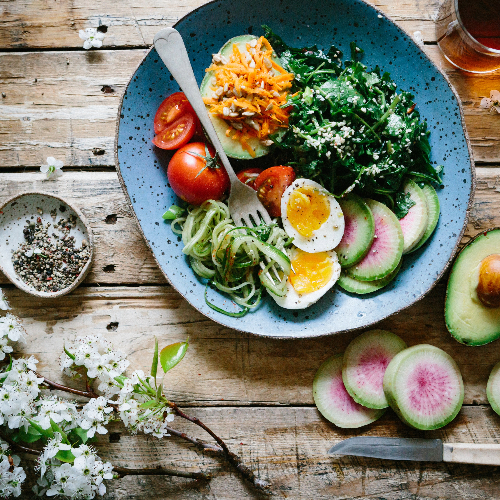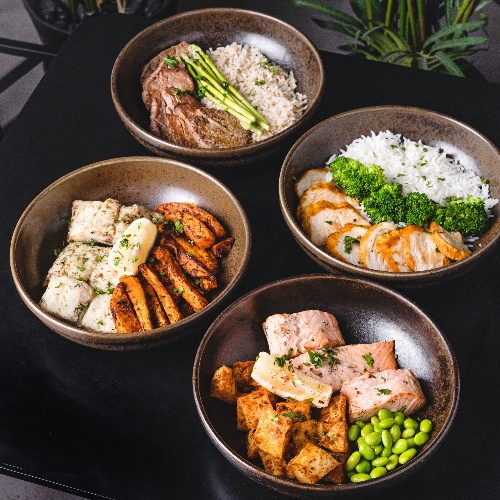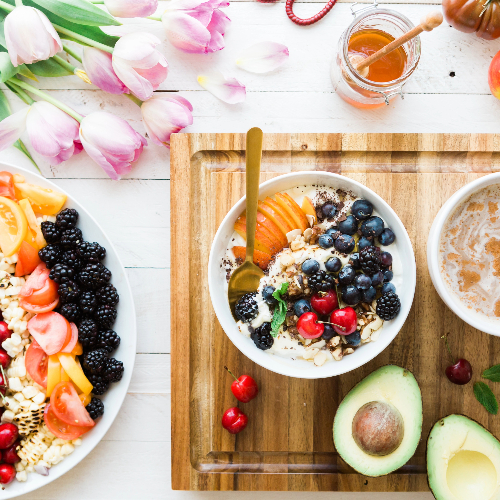In the heart of the bustling city, amidst the cacophony of daily life, Sarah, a nutritionist with a vision, embarked on a remarkable journey. Her mission? To challenge the meat-centric paradigm of protein sources and unveil the myriad of alternatives nature generously offers.
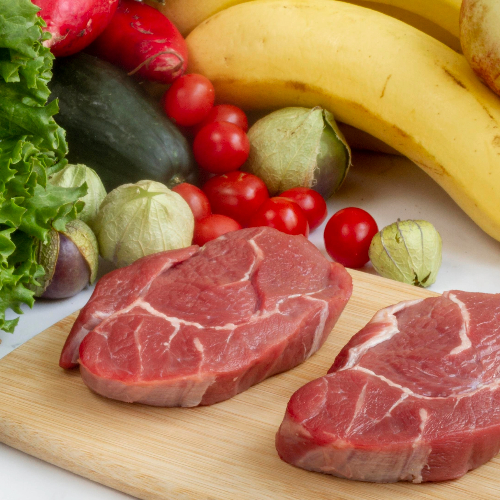
Sarah’s story began in her cozy, sunlit kitchen, where she meticulously explored the world of plant-based proteins. Beans, nuts, seeds, and legumes were her allies in this culinary adventure. Each morning, as the sun peeked through her window, she’d blend a concoction of spirulina and almond milk, marveling at the sheer potential residing in these plant-based wonders.
Her curiosity didn’t stop at plant-based options. Sarah delved into the depths of the ocean, where she discovered seaweed and spirulina, not just as mere sea plants, but as protein powerhouses with a minimal environmental footprint. The realization was profound – the ocean, vast and mysterious, held secrets to sustainable eating habits.
However, Sarah’s journey wasn’t just confined to her kitchen experiments. She ventured out, engaging with local farmers and producers, learning about sustainable agriculture practices. These interactions opened her eyes to the impact of our food choices on the environment and local communities.
It was during one of these interactions that Sarah stumbled upon a community garden. Here, amidst the verdant rows of vegetables and herbs, she found inspiration. The community garden was not just a source of fresh produce; it was a testament to the power of collective effort in fostering sustainable food systems.
Driven by her discoveries, Sarah began hosting workshops, spreading the word about alternative protein sources. Her audience, initially skeptical, was soon captivated by her passion and knowledge. She spoke not just of nutrition, but of the stories behind each alternative protein source – the farmers, the land, the traditions.
Her blog, “Beyond Meat: The Protein Revolution,” became a beacon of information. Optimized with relevant keywords and enriched with her personal stories, it climbed the ranks of search engines, reaching a wider audience eager to learn and explore.
Sarah’s story was not without its challenges. Criticism and skepticism were frequent companions, but her resolve never wavered. She knew that change was a slow process, and every small step mattered. Her message was clear: exploring protein sources beyond meat was not just about dietary choices; it was about respect for nature and responsibility towards future generations.
As Sarah’s journey unfolded, her influence grew. She collaborated with chefs, dietitians, and environmentalists, weaving a network of change-makers. Together, they showcased how diverse, delicious, and nutritious meals could be created without relying solely on meat.
In conclusion, Sarah’s journey teaches us an invaluable lesson. The exploration of alternative protein sources is more than a dietary trend; it’s a movement towards sustainability, a gesture of respect for our planet, and a step towards a healthier future. Her story is a beacon of inspiration, reminding us that every choice we make, no matter how small, has the power to impact the world.
